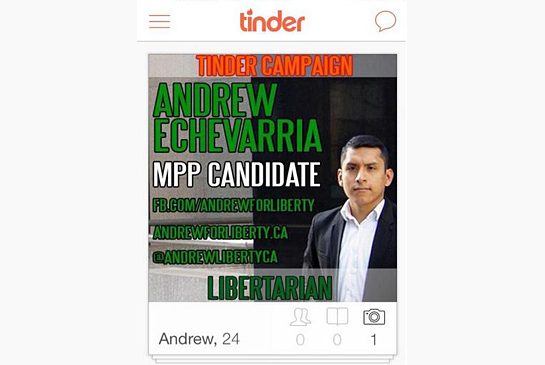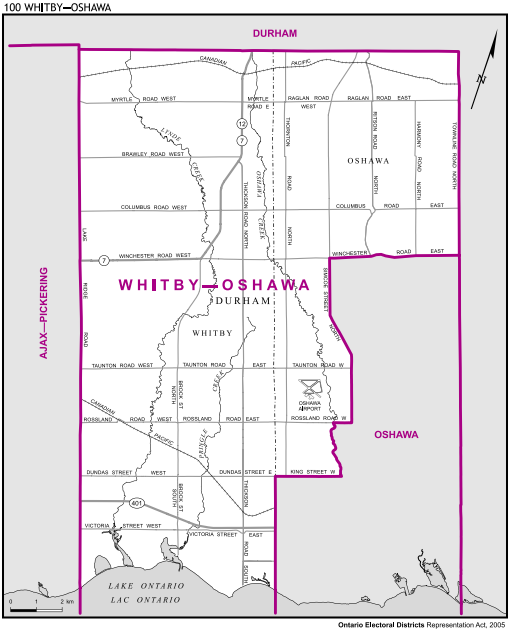I live in an unusual riding this election: my local MP died recently and my MPP is his widow. This may be why I have seen almost no activity in the riding by the NDP and Liberal candidates: there are a few signs in my part of the riding, but I have not been contacted by either party in person or by handbill/flyer/telephone. A canvasser for Christine Elliot showed up on my doorstep a couple of weeks ago. Aside from that, you might not think an election was happening.
In the neighbouring ridings, there seem to be more signs for all parties, but it’s the most low-key election I’ve seen in many years. Perhaps that’s because of the choices on offer. In the last couple of federal elections, the choices were the crooks (Papa Jean’s scandal-tainted Liberals, under whoever was left standing after the music stopped at the last leadership convention), the fascists (Obergruppenfuhrer Harper and his neo-nazi marching band and glee club), and the commies (the last crusade of Saint Jack, and the Quebec Children’s Crusade that followed). At least there were compelling stories there. The Ontario election, on the other hand, has much less interest for anyone who isn’t a political junkie.
The Liberals are still the crooks, but they boast the first lesbian premier (which still gives them a great deal of media credit, even if the actual voters aren’t as swayed by this as the journalists are). The NDP are riven by an open revolt on the part of the doctrinaire old guard, who loudly disagree with the rhetoric and tactics of their current leader and sound as if they’re determined that she loses. The Progressive Conservatives … well, here’s how Richard Anderson describes their leader:
Where was I? Oh yes I was talking about Timmy. He seems to be a swell guy. I think. A running joke shortly after the leadership convention was that if Tim Hudak were any more wooden he’d be liable to get Dutch Elm Disease. Which is terribly untrue and based on nothing but smears and innuendos. Termites are far more of a problem in Ontario than Dutch Elm Disease. During this most recent campaign he was able, albeit briefly, to display genuine emotion. He seemed kind of annoyed at Kathleen Wynne during the debate.
OK I’m lying. I didn’t see the debate. I’m a political junkie but Ontario politics these last few years has been a gruesome spectator sport. I can’t take it anymore. Please, please make them all stop.
[…]
Sorry. This post is about Tim. It’s about why Tiny Tim needs your support tomorrow to win the election, otherwise he won’t be able to get the operation he desperately needs to become a real boy. Sorry again. Mixing my Disney stories again. No wait wasn’t one of those stories Dickens? Ah heck, Disney did it better. Bless you Scrooge McDuck!
And that’s in a post recommending a vote for Tim and his merry band in the forward-backward party. Just imagine what he’d say if he was against Tim.
Me? I’ve already said I’m voting for the splitters this time around.
If you don’t know who to vote for, but still want to be counted you can decline your ballot. My 2011 post on how to decline your ballot has been racking up thousands of hits since the election was called (much more attention than it got in the previous election).

I’ve no idea if there will actually be a significant number of refused ballots tonight, but it might be a minor news story in the aftermath.
Update I just got back from voting, and I picked up the mail from our “Super” mailbox on the way back. There were cards from both the NDP and Liberal candidates in with the usual mix of bills, real estate agent flyers, and local ads.


 Much like love, wooing voters sometimes requires dabbling in the art of seduction.
Much like love, wooing voters sometimes requires dabbling in the art of seduction.


